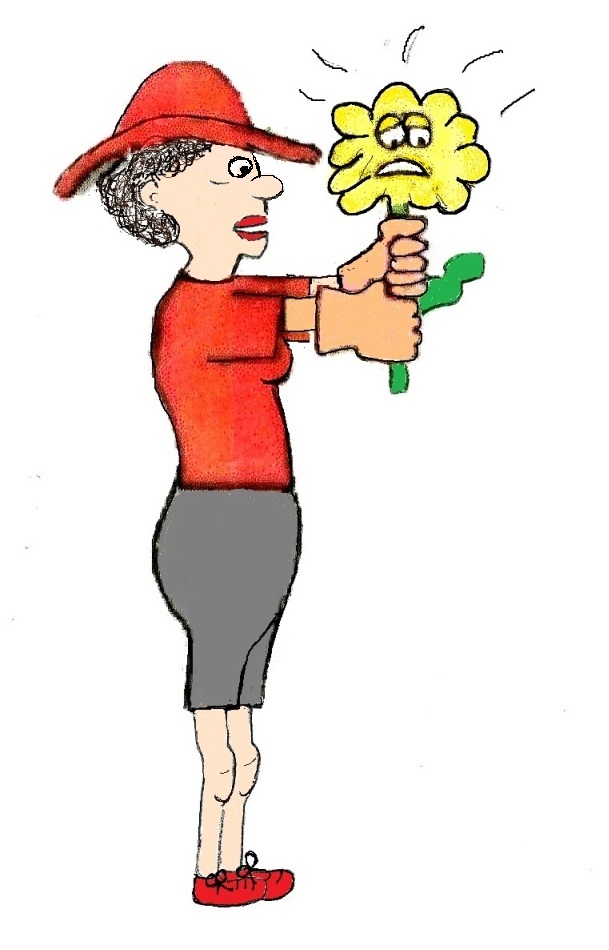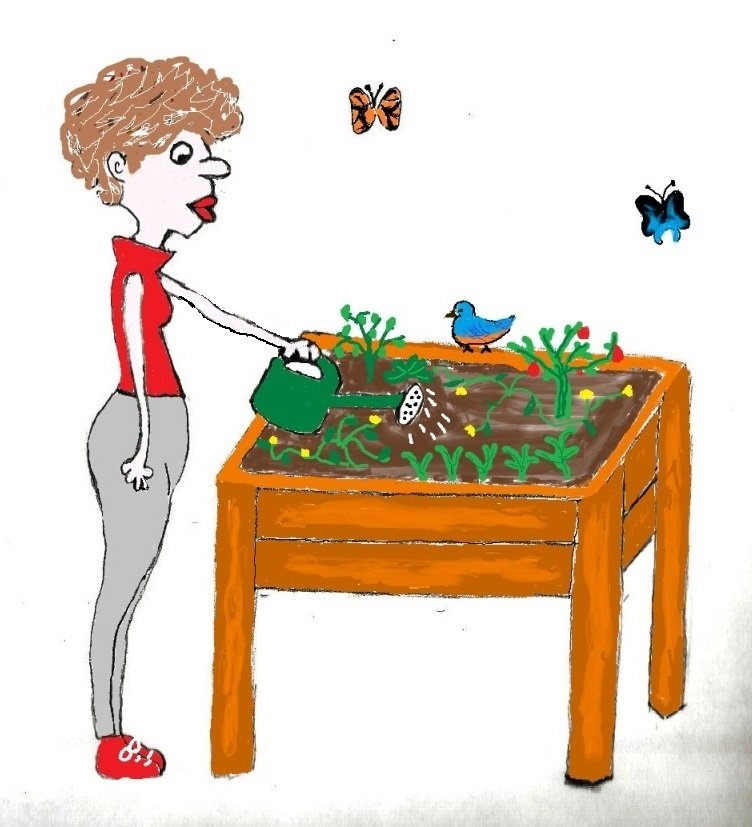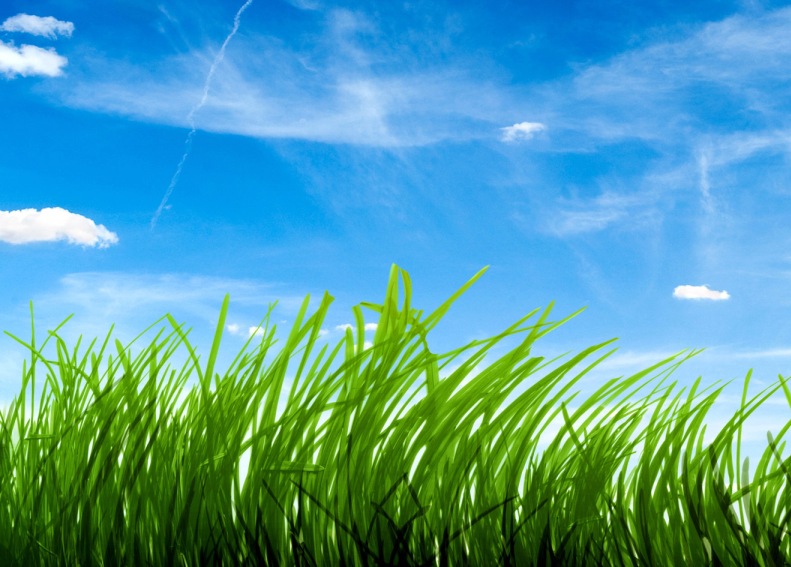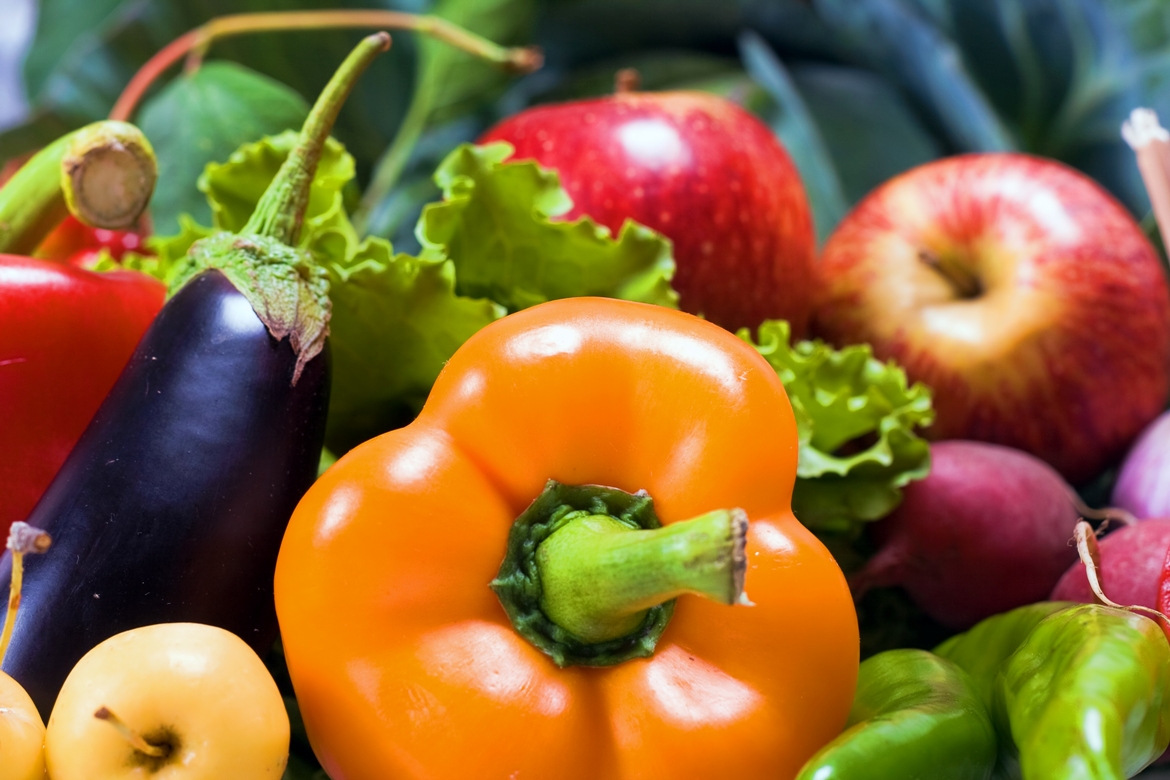- Home
- Toxic Chemicals in Household Products
- Glyphosate
The Best Reasons to Try Natural Weedkillers
Glyphosate. You may not have heard of it but you’ve probably used it. And you’ve definitely been exposed to it. It’s the most widely used herbicide in the world and it probably causes cancer. Can you think of a better reason to try natural weed killers?
Is Roundup Safe?
It's that time of year when the battle against weeds begins. If you arm yourself with Roundup you're exposing yourself, your family and your pets to glyphosate.
Glyphosate is a organophosphate pesticide that kills grasses, broad leaf and woody plants and it is the active ingredient in Roundup. It was recently named by the International Agency for Research on Cancer (IARC) as probably carcinogenic to humans. But that's only the tip of the iceberg when it comes to the dangers of using Roundup.
Health Effects From Roundup Exposure
Animal studies and human studies of exposure have found that glyphosate can affect your health in a bunch of different ways. Exposure can:
- Disrupt your endocrine system even at low exposure levels
- Contribute to cancers of the liver, kidney, bladder/urinary and thyroid
- Damage DNA
- Cause cell death
- Kill the beneficial bacteria in your gut
If that list isn’t scary enough, glyphosate also messes with your body’s ability to breakdown the toxins you are exposed to everyday.
“Glyphosate enhances the damaging effects of other food borne chemical residues and environmental toxins. Negative impact on the body is insidious and manifests slowly over time as inflammation damages cellular systems throughout the body.” (Samsel & Seneff, 2013).
Inert Ingredients
There’s no doubt that glyphosate is dangerous to your health. But, what’s even more toxic is glyphosate mixed with the inert ingredients in Roundup and other weed killers. Scientists have been reporting since 1991 that pesticides containing glyphosate along with other ingredients were more dangerous than glyphosate on its own.
And in 2013, a team of scientists found that Roundup’s inert ingredients amplified the toxic effect on human cells—even at concentrations much more diluted than those used on farms and lawns. They stated that “the proprietary mixtures available on the market could cause cell damage and even death [at the] residual levels found on Roundup-treated crops, such as soybeans, alfalfa and corn, or lawns and gardens”.
Inert (inactive) ingredients are added to pesticides to help them be more effective. For example, a chemical known as polyethoxylated tallowamine, or POEA, used in Monsanto’s Roundup Classic, Roundup Original and other weed killers, aids in penetrating the waxy surface of plants.
So, think about this - Fifteen percent of Roundup Original is POEA. And this inert ingredient was found to be between 1,200 and 2,000 times more toxic to cells than glyphosate, the “active” ingredient. So in no way, shape or form is Roundup safe to use.
How You Are Exposed
Glyphosate is a very common agricultural herbicide and is also widely used by homeowners, golf courses, towns and cities to control weeds. Because of its widespread usage you are exposed to it through food, drinking water, if you live near sprayed areas and anytime you visit a local park.
Research in the U.S. and other countries have found detectable and sometimes unsafe levels of glyphosate in urine and breast milk.
And contrary to claims made by Monsanto, which makes Roundup, glyphosate can build up in your body. Research conducted in Germany found similar glyphosate levels in the urine (which means it's on the way out of your body), kidney, liver, lung, spleen, muscles and intestines (which means it's being stored in the body) of cows.
What this means for you is that meat and dairy products are a source of exposure. It also means that the longer toxins remain in your body the more damage they can do.
Since Roundup is a popular agricultural herbicide, glyphosate residue can be found on your food, especially soybeans. And it has become a common tap water contaminant.
How to Reduce Your Exposure
- Filter your water with a good filter
- Eat organic fruits and vegetables
- Cut back on meat and dairy in your diet
- Avoid parks and public areas when they are being sprayed
- Avoid using it in your yard by trying natural weed killers instead
Natural Weed Killers
There are two simple steps to natural weed control. Remove the weeds and keep new weeds from germinating.
Removing Weeds
I rely on physical methods to remove weeds. And by that I mean – hand pulling those suckers out. It makes no sense to me to go around my yard with a bottle of a natural herbicide spraying the plants and waiting hours or days for them to die. It’s quicker and more emotionally satisfying to yank them out.
My favorite garden tool is a Hori-Hori knife. It is an all-purpose weeding tool that makes it easy to get weeds out root and all. The easiest time to pull out weeds is after it rains when the soil is looser.
My second favorite tool is a shovel for digging out woody weeds.
Weed wackers are also an option. You can do a large area very quickly.
Hoeing and tilling will also eliminate weeds. However, it also creates ideal conditions for the weed seeds in your soil to germinate. So keep the hoeing and tilling to a minimum.
For sidewalk cracks scald the weeds with boiling water or spray with household vinegar.
I don’t recommend using the 20% to 30% vinegar concentrates that are available to kill weeds. They are strong acids that can burn your skin and damage your eyes.
However, there are some natural weed killing sprays made with ingredients like oils, soaps and citric acid. Bonide Burn Out Weed and Grass Concentrate Killer is made with citric acid and clove oil. Avenger Organic Weed Killer is made with d-Limonene and castor oil.
I haven’t tried any natural sprays but some of them get good reviews. If you try any make sure to read the ingredient list. Any company can claim their product is natural, but that doesn’t mean it’s safe.
Note on Using Salt as a Weed Killer
I see lots of forum and social media posts suggesting salt to kill weeds. Bad, bad, bad idea. Don’t do it. Dissolved salt can travel downward into the groundwater or sideways into other areas of your yard. When plants absorb this water they will dry out and die. If you use salt a lot as a herbicide you could create dead zones in your yard.
Keeping New Weeds From Germinating
Once you have a weed free area, applying a pre-emergent weed killer like corn meal gluten and a thick layer of mulch will keep new weeds from emerging. Corn meal gluten can be used anywhere you don’t want seeds to germinate, including sidewalks and veggie and flower beds. It’s also useful as a weed and feed for your lawn.
Once you’ve applied a pre-emergent it’s time to mulch. There are lots of mulch options. My friend, who’s a Master Gardner, swears by layers of newspaper topped with wood mulch. Because of the chemicals used in newsprint ink, I would avoid using newspaper in veggie gardens.
Other options include cardboard, straw, wood chips, and shredded leaves. A friend of mine with a magnificent native garden, shreds her fall leaves and using it to mulch her beds. I’m partial to straw for my veggie gardens and recycled rubber mulch for flower beds.
Weeds make a good living mulch that will protect your soil from erosion. But it’s important to keep your weeds from flowering and going to seed. So in areas where you don’t want to pull them out use a mower or weed wacker to behead them.
Ditching toxic weed killers like Roundup for safe, natural weed killers is a great way to protect your health. For more ideas on natural weed control check out Beyond Pesticides ‘Least-toxic Control of Weeds’.






